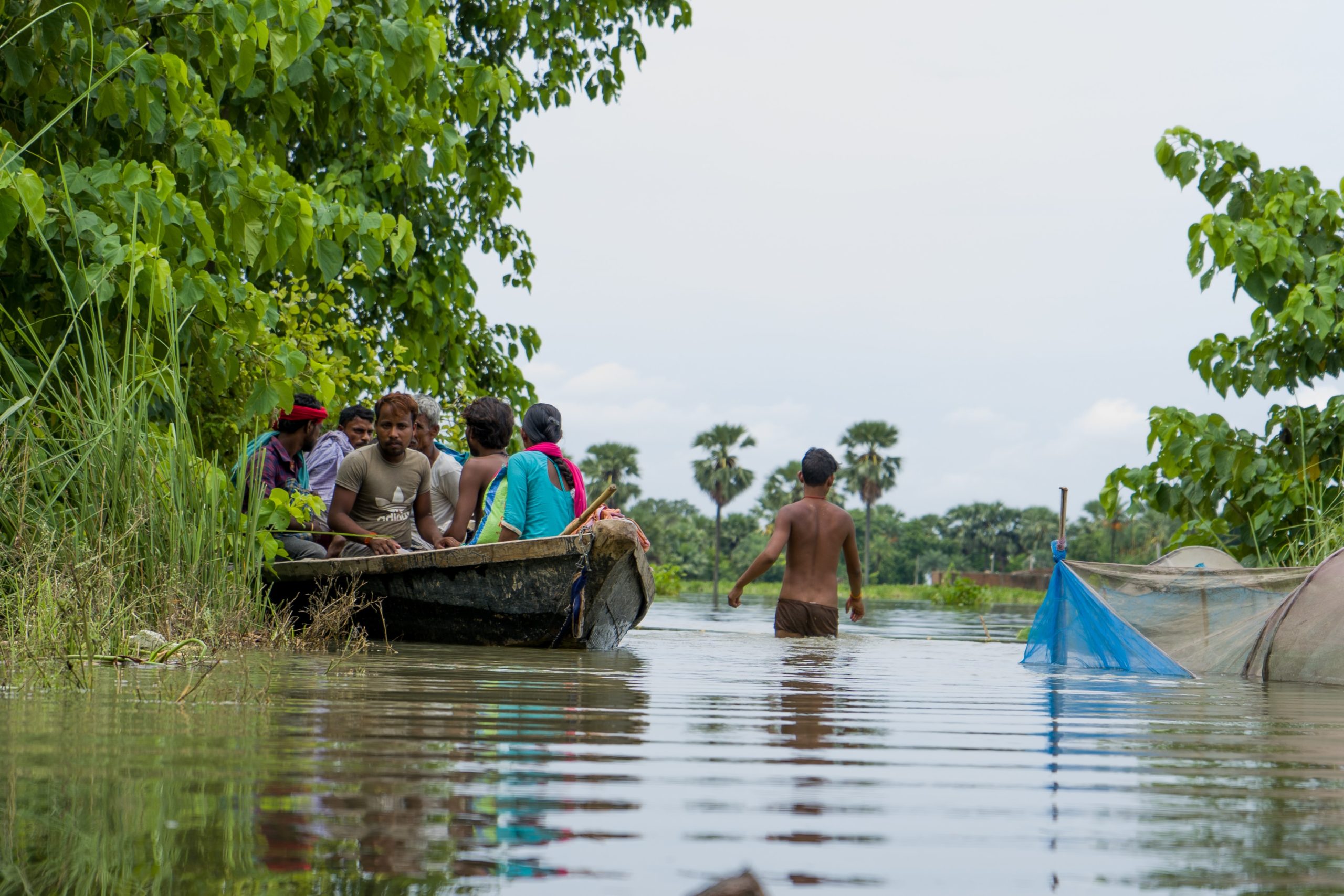Global network takes stock of human adaptation to climate change

A global network of 126 researchers have produced the most systematic and comprehensive assessment of implemented human adaptation to climate change to date.
Their study, published in Nature Climate Change, found that adaptation, as documented in the scientific literature, is mostly fragmented and incremental, undertaken primarily by individuals and households, rather than comprehensive and coherent efforts by communities and institutions.
More than 48,000 research articles were analysed by the group of experts, which was led by Professor Lea Berrang Ford, Priestley Chair in Climate and Health.
Sophisticated literature review methods were employed to synthesize the resulting set of 1,682 articles to identify who, where, and how people are engaging in adaptation to climate change.
Lead author, Professor Berrang Ford, said: “Our results provide a warning call: we found very little evidence of widespread and rapid preparedness at a scale that we think is likely to be adequate to avoid severe climate impacts.”
Drilling down on the specific findings of the study, the researchers noted that behavioral adjustments by individuals and households are more prevalent than any other types of response, largely motivated by drought and precipitation variability.
They found that local governments and civil society are engaging in risk reduction across all sectors and regions, particularly in response to flooding. Urban technological and infrastructural adaptations to flood risk are prevalent in Europe, while shifts in farming practices dominate reporting from Africa and Asia.
Noting the relevance of the study to the current discussions being held at COP26, study co-author Paige Fischer, an associate professor at the University of Michigan’s School for Environment and Sustainability, said: “The Paris Agreement commits parties participating in COP to track progress toward adaptation.
“Until now little has been known about the actual extent of adaptation—despite a large landscape of research on human response to climate change and associated stressors.”
Despite increasing evidence of adaptation responses, however, University of Delaware disaster researcher and study co-author A.R. Siders points out that the study found very little evidence that current adaptation efforts actually reduced risk.
“I am encouraged by how much adaptation we found—the idea that people, communities, and nations are taking action across a wide range of hazards and sectors is encouraging” said Siders.
“At the same time, I was surprised by how incremental that adaptation is: how much of it looks like business as usual. In this paper, we didn’t assess whether current adaptation is sufficient to deal with climate change, but I think the fact that so much adaptation was incremental should raise concerns and should inspire us to make assessing adaptation a priority.”
Further information
‘A systematic global stocktake of evidence on human adaptation to climate change’ was published in Nature Climate Change on 28 October 2021.
Image by Atul Pandey on Unsplash
